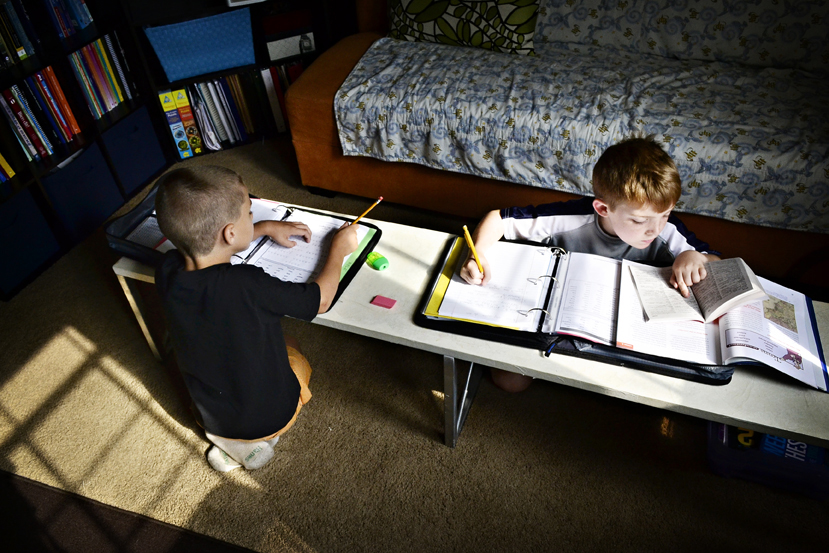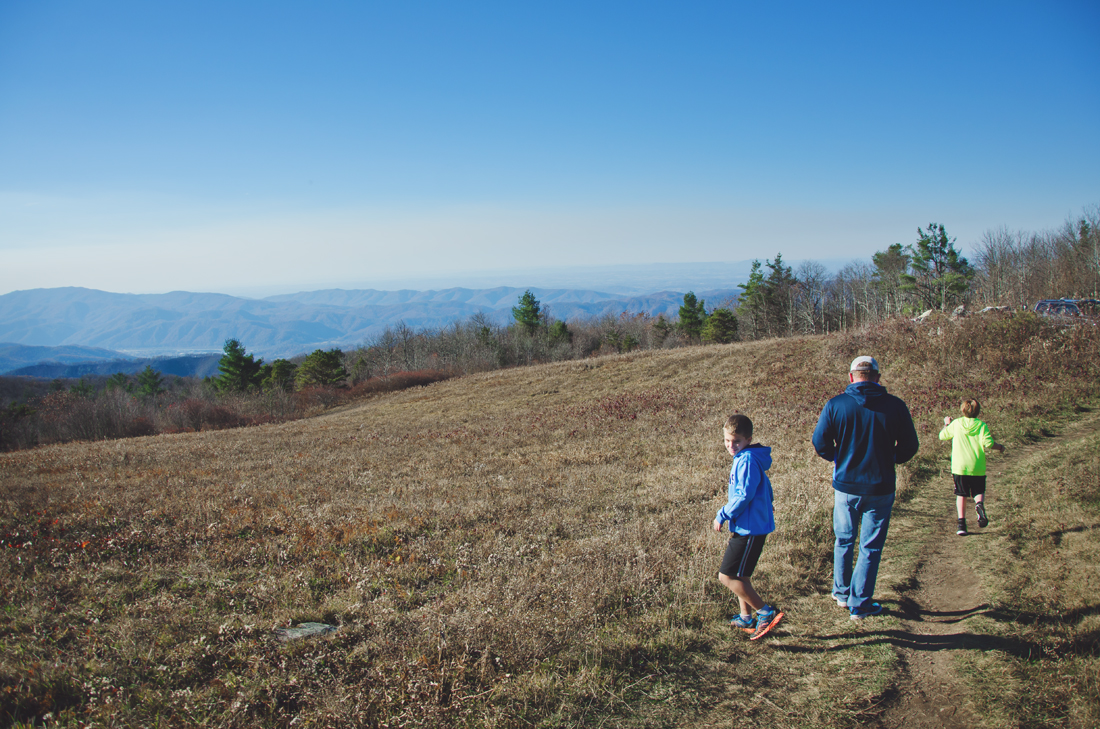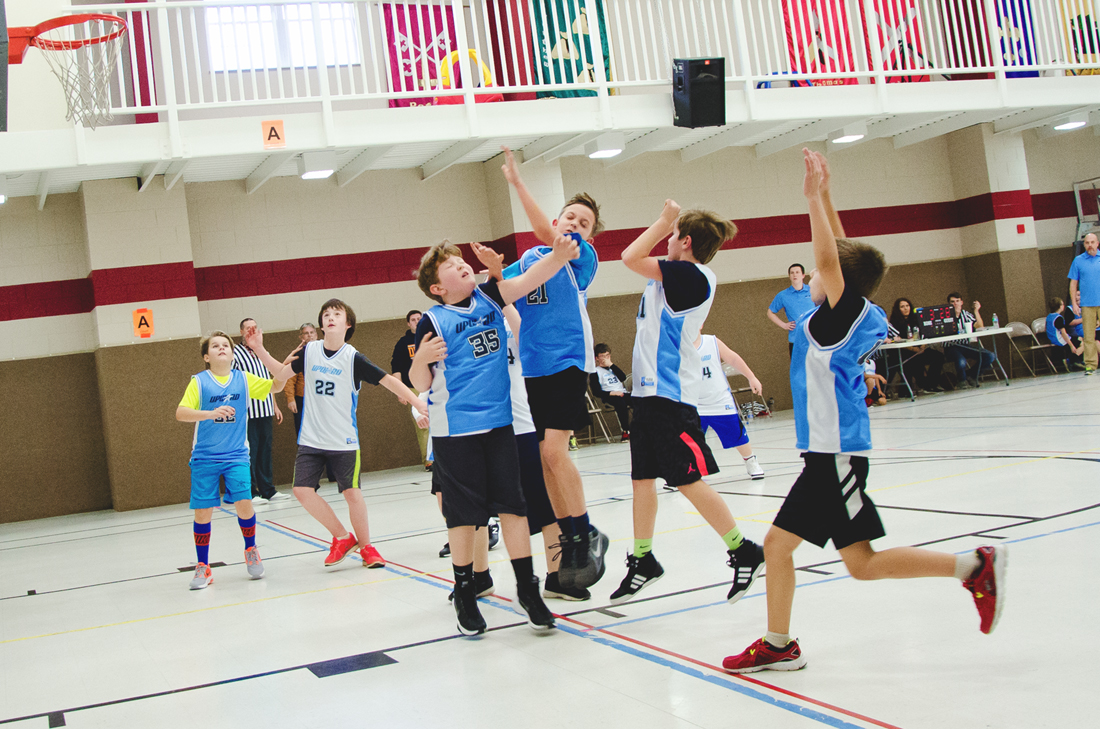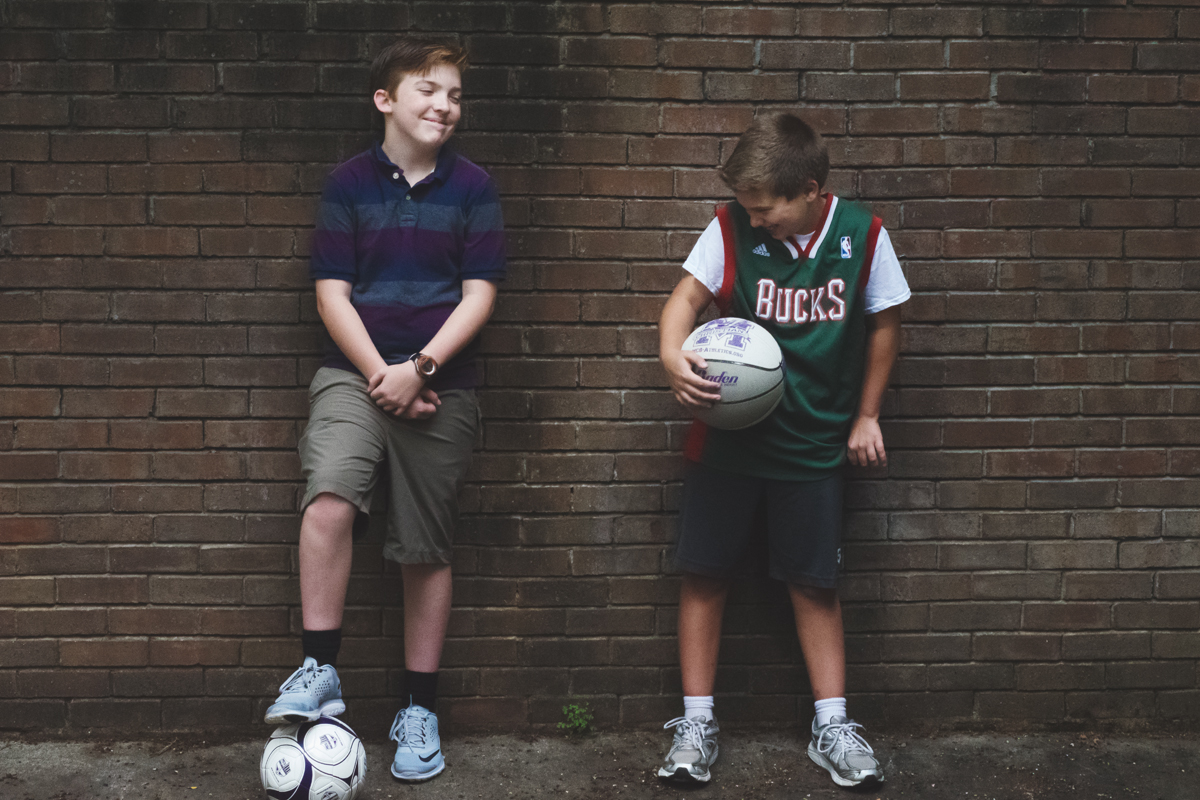When we made the decision to homeschool during the summer of 2011, it came at the tail end of a difficult time. We’d just moved back to Tennessee after a tumultuous three years in Texas. Chuck’s mother passed away, and so did our family dog, and no one seemed able to adjust to the new normal, including Jeremy, who’d been uprooted in the second half of first grade and still wasn’t able to read and write on grade level. By June, Chuck’s aunt passed away and left in our care her 50-year-old son who is physically and mentally disabled. Again, as if on cue, our lives looked very different from what we expected.
By July 2011, we were all exhausted.
We all needed the sort of rest that couldn’t be recouped on a long weekend. Public school registration was right around the corner and, by all accounts, I should’ve been preparing to send my boys to second grade and Kindergarten. Until that summer, I never considered homeschooling. In fact, when our boys were babies we lived down the street from a large homeschooling family and as much as I loved and admired them, I didn’t think homeschooling was for us. We went to church with several homeschooling families, but they didn’t influence me. It didn’t capture my appeal. Homeschooling wasn’t on the radar.
But then, in 2011, with a hearing-impaired second grader who couldn’t read and a Kindergartener on the Autism Spectrum who just started speaking full sentences, I couldn’t imagine sending them to traditional school. After talking to a local homeschooling family and doing mounds of research, we decided the 2011-2012 school year was going to happen at home. We needed the world to stop spinning and I had the power to stop it.
So, we hopped off the traditional school train and, frankly, we never hopped back on.

Here we are, entering our seventh year of homeschooling, and I remain grateful for the privilege we have to educate our boys both at home and in the world. Our co-op adds to our experience tenfold, and the freedom we have to GO and DO is something I never want to surrender.

And yet, with all of these GOOD THINGS, I am still gobsmacked at the questions and comments I get both from strangers and people who know and love us. Sometimes the remarks are bold and insensitive, and sometimes they are veiled with genuine concern.
Still, it surprises me, so this post is designed to address your concerns and hopefully settle your mind about what I’m doing with my kids.

The following questions are real questions I’ve gotten from family members, friends, church members, and total strangers we encounter in the world. My answers are the real answers I gave in the moment:
“Do they get to see other kids?”
Yes, and often. Our co-op, which is made up of hundreds of families, meets weekly. They have friends in the neighborhood and friends across town, plus sports seasons each spring and fall and weekly volunteer work. I swear they are social.
Actually, they are tired of hearing this sort of question. When our family physician asked if I’d considered sending them back to school for socialization, before I could answer him Jeremy flung his hands in the air and said, “WHY DO PEOPLE THINK WE DON’T HAVE FRIENDS?” I laughed and shook my head.

“How will they learn to get up for work if they don’t get up for school each day?”
They do get up for school each day, but it’s at 8:30 a.m. instead of 6 a.m. Also, Jeremy just started a part-time job, and what do you know? He wakes up for it!
Furthermore, the rat race of the morning commute is something people adjust to all the time, not because they got up for school for 12 or 16 years, but because that’s what adults do. They adjust to dozens of requirements throughout their lives at any given point. Homeschooling has allowed our boys to get good rest and still adhere to general standard of daily living – get up, get dressed, and tend to your responsibilities. For what it’s worth, I think kids, in general, would benefit from a shorter school day and more time to play and rest.
“How will they learn about competition if they aren’t on a sports team?”
They’ve both played on sports teams since they were very young, though it’s been through local parks and recreation instead of the school system. Also, they’ll have the opportunity to play on local high school teams if they choose, but even still – competition isn’t solely reserved for sports. There’s competition of ideas and other achievements that are just as worthwhile. Competition happens in the co-op classroom and within their personal goal-setting. There are loads of kids in traditional school who don’t play sports, but I’m sure they experience competition in other ways.

“You’ll have to cut the apron strings sometime.”
I agree, but homeschooling doesn’t mean our apron strings are any tighter than those who send their kids to traditional school. More times than not, high schoolers who are homeschooled have more opportunity to work while in school because their hours are flexible. Additionally, homeschooling during the high school years is, in large part, self-led, so they don’t rely on Mom and Dad as much as you’d think. I’ve seen plenty of traditional high school graduates go off to college and fail miserably because they weren’t prepared on a basic level to be on their own. I won’t speak for other homeschooling families, but in our house we’ve been open and honest from the very beginning – we love you, but you can’t live here forever.
“I don’t know how you do it.”
I don’t know how I do it either, but I wouldn’t change it for the world.
“I couldn’t be around my kids all day.”
I’m sorry to hear that. The boys get on my nerves too sometimes, but in homeschooling attitude is everything. As long as our attitudes are good, homeschooling is a breeze. Plus, I’ve noticed that all the moms who say this to me are the same moms who say they’re kids are growing up too fast. That’s not a feeling I’ve experienced, and I think it’s because I’ve been alongside them at every stage.
“Do you ever test them?”
Yes and no. Yes, they take weekly math and vocabulary tests. No, they don’t take standardized testing. Yes, they have quizzes and tests in some of their co-op classes. No, we don’t make up grades based on our love for our kids. Yes, they’ll take SAT and ACT prep courses just like every other high schooler, but no, we aren’t worrying about those things right now. I’m required to turn in grades to our umbrella school so they have official transcripts, and testing helps procure those grades.

“Are you going really going to homeschool them in high school?”
Yes, I really am. At least, that’s the plan. Anything can happen to alter the plan, but barring no major life changes, yes, we’ll continue homeschooling throughout high school. I can’t imagine sending them to traditional school at this point, particularly since many of the hard classes that I don’t want to teach are available at the co-op. For example, last year Jeremy took Life Science with Dissection. I was so pleased that he was able to dissect sharks and snakes and whatnot at the co-op and not in my kitchen. Also at co-op is Calculus, Biology, and dual enrollment courses with one of our local community college. So yeah, we’re good to go.
I appreciate your concern. Really, I do. But think about it – what if I asked you, “Are you really going to send your kids to public school?” How would you respond?
Wait, never mind. I’d never ask you a question like that.

Beautifully explained. I’m glad your little family is doing so well. I admire your spunk, energy and love for Jesus which you portray.
Thank you for the support, Roxanna! 🙂